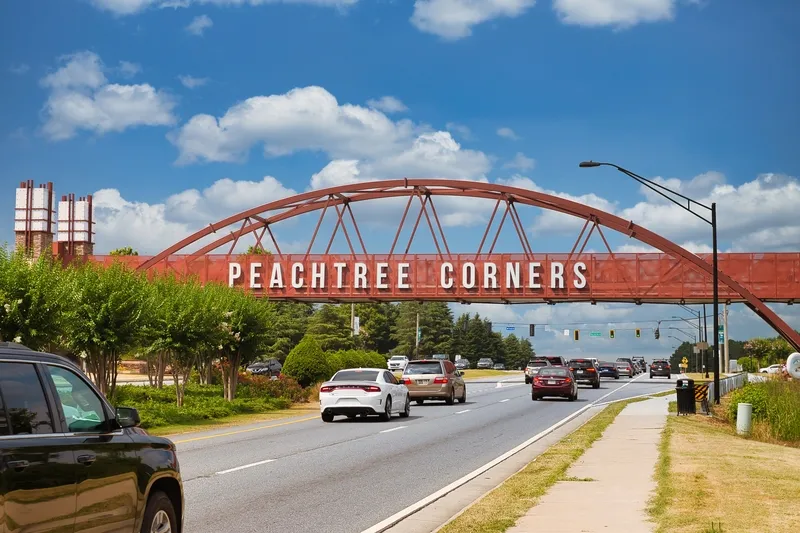TransCore has expanded its presence in the Middle East with a contract worth US$100 million to provide the Arriyadh Development Authority (ADA) of Saudi Arabia with an advanced traffic management system to improve the flow of traffic for the seven million people living in Riyadh. TransCore will deploy its TransSuite software solution to manage traffic signal operations at 350 of the city’s busiest intersections. The system automatically adjusts traffic signal timing in response to real-time traffic conditio
February 25, 2015
Read time: 2 mins
TransCore will deploy its TransSuite software solution to manage traffic signal operations at 350 of the city’s busiest intersections. The system automatically adjusts traffic signal timing in response to real-time traffic conditions, representing a significant upgrade over the existing fixed-time system.
The project includes integration of Transcore’s TransSuite advanced traffic management system (ATMS) with an adaptive control system to reduce congestion. The software-based solution combines data, real-time communications and analytics to handle both routine and unexpected traffic conditions and provide immediate communications among agencies responding to an emergency or abnormality.
Developed as a set of scalable, integrated traffic management software modules, TransSuite provides graphical information with a dynamic map interface. Agencies can select the applications that best meet their needs and manage all system intersections from a central command and control centre.
“Deploying an advanced traffic management system is a critical step in our plan to improve and manage the flow of traffic throughout Riyadh,” said ADA Strategic Studies Department manager Abdulaziz Alghannam. “TransCore’s solution will enable us to quickly adjust to real-time traffic conditions, providing a safer more efficient roadway network.”
“We are honoured by the ADA’s selection and look forward to working alongside them to deploy a solution that will result in improved traffic management throughout the city of Riyadh,” said TransCore president Tracy Marks. “This project will be a benchmark for adaptive traffic management on a large scale, and we’re pleased to have the opportunity to be a part of such an innovative project. We’re also grateful for the opportunity to expand our operations in the Middle East.”








